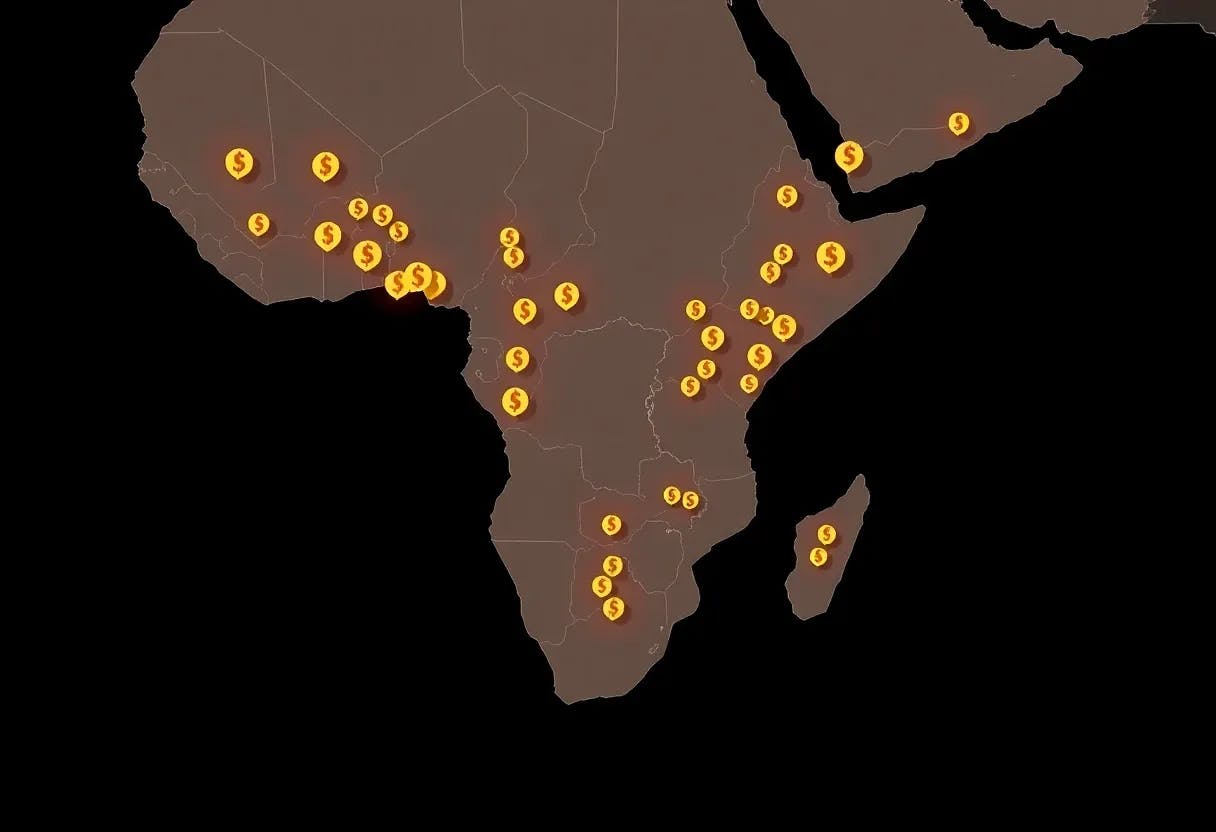Table Of Links
ABSTRACT
INTRODUCTION
LITERATURE REVIEW
DATA AND METHODS
RESULTS
DISCUSSION
CONCLUSION AND REFERENCES
DATA AND METHODS
This section of the study provides an overview of the data sources, methodology, and techniques employed to investigate the key factors affecting deal amounts in African startup investments. The data and method section details the process of data collection, cleaning, and preparation, followed by feature grouping, exploratory data analysis, and the implementation of machine learning models to develop a predictive model. The combination of rigorous data handling and state-of-the-art analytical techniques ensures the robustness of the study’s findings and enhances their academic credibility.
Data
This study employs a dataset sourced from africathebigdeal.com to systematically investigate the key factors influencing deal amounts in African startup investments and to formulate policy recommendations that bolster the growth of the startup ecosystem on the continent. The dataset compilation adhered to the following methodology:
● Inclusion criteria stipulated that startups must either operate in Africa with their headquarters situated within the continent or possess African founders despite having their headquarters located outside Africa.
● The database exclusively captures deals that have been publicly disclosed or openly shared by investors or founders themselves.
● Deal size limitations dictate the inclusion of transactions amounting to a minimum of +$100,000 for 2023, 2022, and 2021; +$500,000 for 2020; and +$1,000,000 for 2019. The principal dataset, serving as the primary focus of this investigation, comprises 2,521 startup deals, encompassing 34 attributes, including the specific deal amount. Simultaneously, the secondary dataset comprises information regarding 1,792 investors who engaged in a minimum of one investment in African startups.
Data Preprocessing
The process of preparing and cleaning the data involved several sequential steps, as outlined below:
- Scrutinizing both datasets for any missing or erroneous data points and addressing them accordingly by imputing or removing the data points as appropriate, as well as rechecking the integrity of the data from media releases.
- Integrating the two datasets by merging them based on the investor’s name, which resulted in a comprehensive dataset containing both startup and investor information.
- Transformation of categorical variables such as sector and deal type into binary variables or dummy variables, to be utilized in the analysis.
- Standardizing numerical variables such as amount raised and valuation to facilitate comparability across diverse units of measurement.
Feature Grouping
To further understand the implications of the different key factors, the features extracted from the primary and secondary datasets were organized into three distinct categories, as outlined below:
● Founding team features (F): This group includes attributes related to the startup’s founding team, such as the number of founders, gender-mix, presence of a woman co-founder or CEO, the CEO’s university, country and continent of the university, graduation year, and the years elapsed between graduation and the startup’s launch.
● Company-related features (C): This category encompasses variables associated with the startup itself, such as the name, website, country, and region of operation, launch date, sector, number of employees, and a brief description of the business.
● Investment-related features (I): This group consists of variables related to the investment deals, including the deal year and date, type of investment, valuation, exit status, investor details, and whether the startup is a Y Combinator alumnus.
Through diligent feature grouping, the study ensured that the variables are organized in a coherent manner, ultimately enhancing the clarity and interpretability of the analysis.
Exploratory Data Analysis (EDA)
In this study, Exploratory Data Analysis (EDA) was conducted to examine the dataset and identify key factors that affect deal amounts in African startup investments. A critical aspect of EDA was assessing correlations between variables. Using Pearson’s correlation coefficient, we measured the linear association between the dependent variable (deal amount) and the independent variables (founding team, company, and investment-related features). In order to better investigate the correlation between the features, we used the three feature groups discussed earlier in 5 combinations: F, C, I, F+C, and F+C+I. This approach aimed to uncover complex relationships between variables and better understand the importance of each feature.
Models
Using the same combinations of feature groups discussed in the EDA section, four machine learning algorithms were employed: Linear Regression (LR), Support Vector Regression (SVR), Random Forest (RF), and Distributed Gradient Boosting (DGB). Each model was trained and tested using cross-validation. To evaluate the prediction models, the Mean Squared Error (MSE) metric was employed. During the cross-validation process, the performance of each model was assessed by averaging the MSE values obtained from each fold. The comparison of these averaged MSE values facilitated the selection of the most accurate and reliable algorithm for predicting funding amounts in African startups. The chosen model’s performance, along with insights gained from the EDA process, served as the foundation for policy recommendations aimed at supporting the growth of the African startup ecosystem.
:::info
Author:
Khalil Liouane
:::
:::info
This paper is available on arxiv under by-SA 4.0 Deed (Attribution-Sahrealike 4.0 International) license.
:::








